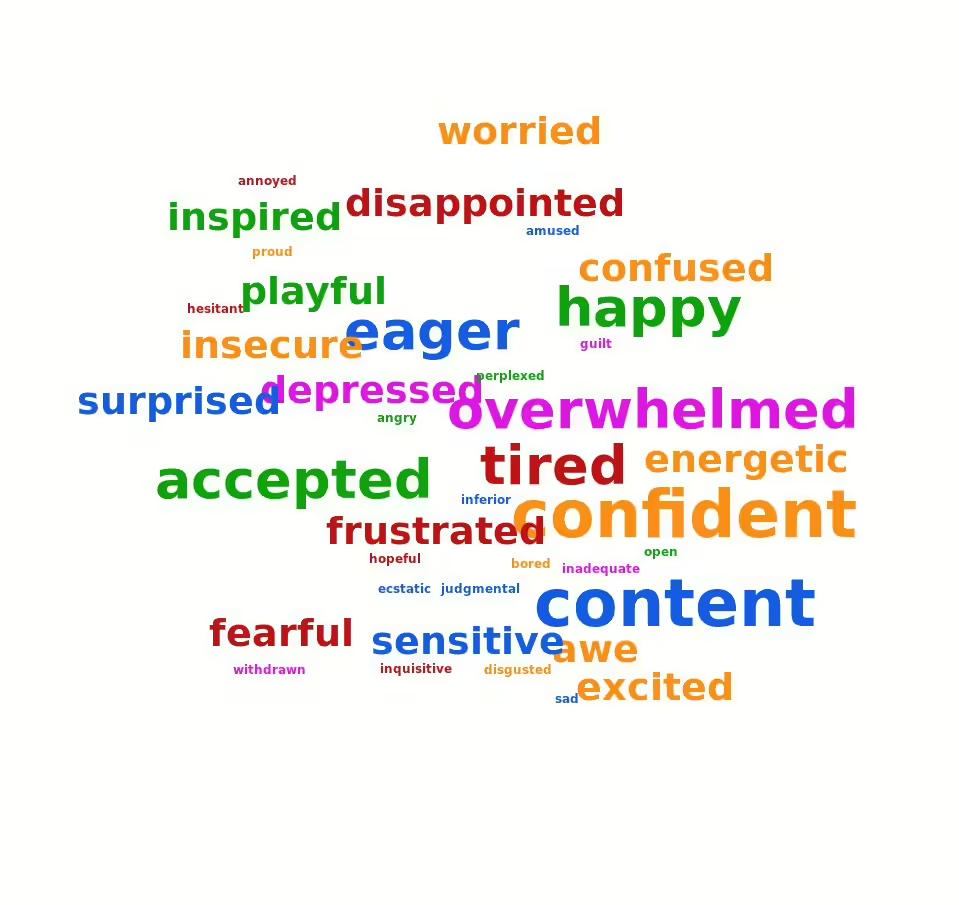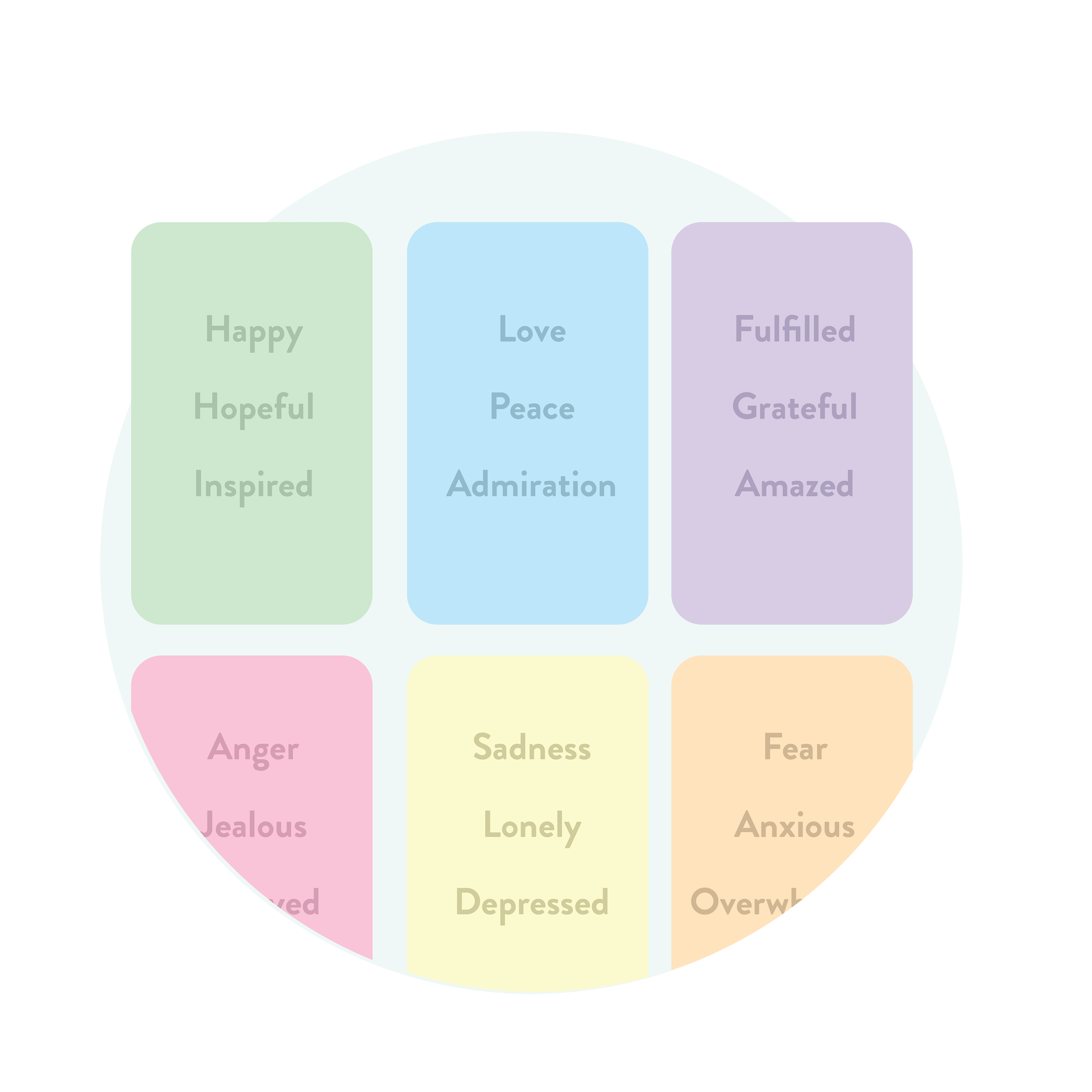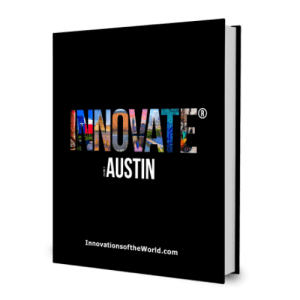Quimby encourages a more connected, present, and mentally healthier world, starting from building emotionally resilient and psychologically safe workplaces. Quimby focuses on equipping employees with emotional resilience tools, and leaders with training and insights to have more productive conversations at work.

These are challenging times for people (outside of work). Three-quarters (76%) of full-time U.S. workers reported experiencing at least one symptom of a mental health condition in Mind Share Partner’s 2021 Mental Health at Work Report.
Emotional resilience helps people manage their emotions in healthy ways. Employees with more emotional intelligence discover and communicate their needs more effectively. (e.g., if the emotion arises in a certain situation, they can be more aware of the origin and implement successful coping skills.)
According to Dr. Elli Jin, a licensed psychologist University of Texas, Austin, “Emotional intelligence involves skills for understanding and regulating emotions (Zeidner et al., 2012, Hoemann et al., 2020). Emotional granularity refers to the ability to distinguish emotions in a precise and context-specific manner (Barrett et al., 2001, Lee et al., 2017), and is a key part of understanding what and why we feel the way we do. This is the first step in engaging in actions to amplify or change our emotions in a given moment (“can’t tackle something we can’t name”). Quimby’s guided emotion check-in process allows individuals to practice identifying what they feel and improve granularity of emotions every day. This enables individuals to take more concrete actions on how they would like to feel. “

Origin Story
A few years back, I was told I was depressed. As an engineer, I understood logic very well. But emotions, not so much. So when I was high performing, socializing with my friends, and yet broke down in the parking lot of Walmart, I couldn’t understand it. Neither did I feel comfortable sharing it. After over 10,000 hours of mindfulness training, I learnt that emotions and mindset can be trained. Whether we know it or not, we are always training it. I also started noticing how technology overuse at work and digital fatigue was impacting my mental health.
I led digital mindfulness training for thousands of employees, from startups to Fortune 500, and saw that the stories of stress, anxiety and burnout are lingering everywhere. These stories make it to the headlines sometimes but are not shared with the person sitting next to us. The stigma around mental health, the conditioning around judgment of negative emotions, the gender stereotypes on feeling emotions, and so much more – keeps us from talking openly about it and showing up for each other.
I started Quimby with a mission to help people become more aware so they can live their intentions day to day. Can you imagine that we have over 6000 thoughts a day and about half of our time is spent in mind wandering? We are running on auto-pilot, now more than ever, with our digital distractions keeping us from truly being present with ourselves, each other and the situation at hand.
I often asked myself what would it take to live a more mindful day closer to my intentions instead of just living reactively and on auto-pilot? That’s what we are building as Quimby – by training our minds and emotions through simple habits, especially with the support of a community like work where we actively engage.

People and businesses are both struggling after the pandemic
The pandemic caught the world unwarranted, and created new situations for many – impacting health, relationships, children, parents, work, mental health. People are still learning how to adjust to all these changes and it will take a while to find the equilibrium. Many finally reached a breaking point after using the global pandemic as an opportunity to rethink their lives and asking if what they did for work and who they worked with every day met their needs or added more undue stress than not to their lives.
This has led to a renewed focus on driving employee engagement and retention post pandemic. The great resignation was a wake up call for many employers. that employee engagement and well-being have a severe impact on business results and bottom line. From four day work weeks to flexible working hours, employers have been working to accommodate the requests of employees but it’s not easy knowing what employees really want.
But employee engagement surveys aren’t enough, especially for a diverse workforce. According to Gallup, 45% of American workers experienced discrimination and/or harassment in the past year. Women have reported being much less likely to feel comfortable sharing a different perspective. The generational makeup of employees has changed drastically in the last 10 years. The millennial and Gen Z generations are the most diverse in history: only 56% of the 87 million millennials in the country are white, as compared to 72% of the 76 million members of the baby boomer generation.
To retain and attract new talent, the companies that elevate employee’s voice and create psychological safety at every level will be able to continuously know what’s working and how to best evolve to not only survive this transition but come out of it as a stronger business.
We are truly at a turning point in the American workplace with innovative, thoughtful solutions being created so all individuals thrive personally and professionally, at all levels. Companies have an opportunity to work with their employees to better understand how to move forward from here in a way that incorporates everyone’s voice and needs.
Future of work
The greatest obstacles reported by employees to more proactively taking care of their mental health were culture factors, like leaders and managers not promoting it, and mental health not being talked about at work, according to Mind Share Partner’s 2021 Mental Health at Work Report.
We are at a turning point in the American workplace with innovative, thoughtful solutions being created so all individuals thrive personally and professionally, at all levels. Companies have to go beyond just providing new benefits and wellness solutions. They have to elevate their day to day culture such that they are incorporating everyone’s voices and needs.
Quimby helps leaders manage the future of work with a people-first mindset by enabling a complete feedback loop. To enable uplifting the culture at all levels, Quimby equips employees with emotional resilience tools and trains managers on creating psychological safety to allow for deeper and more productive conversations at work.
“Quimby is a great tool for those who seek to improve their mental and emotional well-being. It is highly not intrusive and very simple to navigate that it doesn’t take a few seconds (literally) to track one’s emotional being at the moment.”
— May Ledesma, Sr. Technical Writer, Silicon Labs
Quimby makes it easy to have genuine conversations with my team about their mental health and wellbeing. As a manager, it’s been extremely helpful to have a tool that allows me to get a pulse on how my team is feeling. Now we start every team meeting by looking at our team’s insights, checking in and taking a moment to truly listen to each other, making everyone feel more connected and valued”
– Jackie Padgett, Global Marketing Manager, Silicon Labs
Quimby has really helped me manage my stress so it doesn’t take over my life”
– Tracy Boyd, Sr. Technical Writer, Silicon Labs












